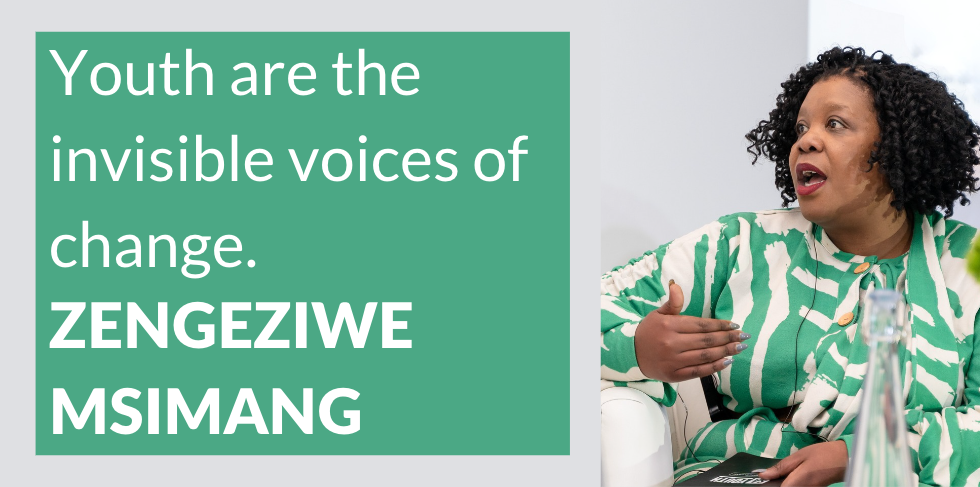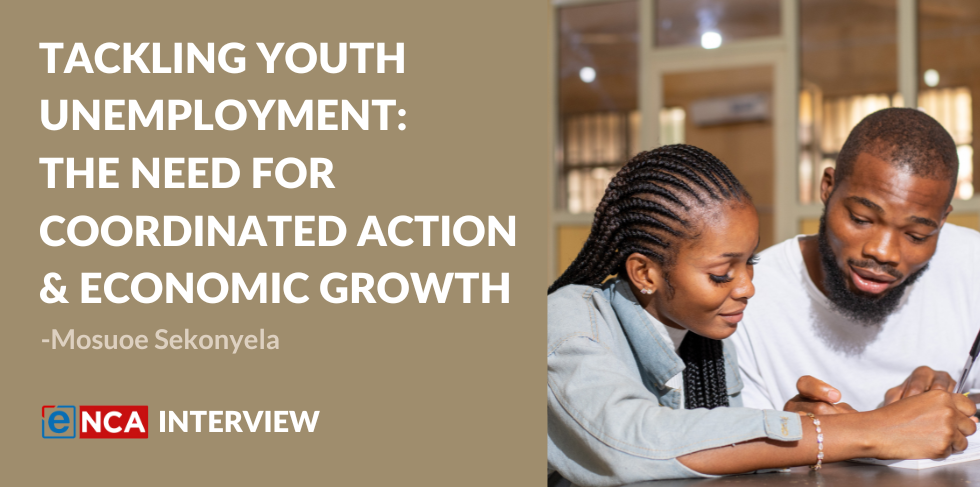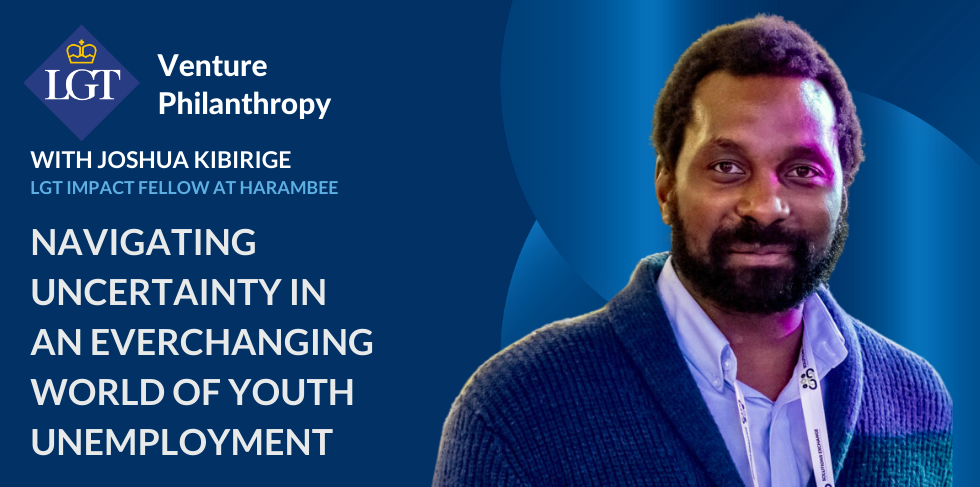In SA’s socioeconomic fabric a profound yet often overlooked thread emerges: the voices of our youth, resolute in their aspirations for meaningful participation in their lives, communities and the economy. While youth participation at the recently held national elections was encouraging, it is but a single step in a far larger journey towards unlocking their full potential, and ultimately SA’s social and economic fortunes.
Amid the important statistical narratives woven by reports such as the quarterly labour force survey and Harambee Youth Employment Accelerator’s Breaking Barriers, a deeper truth emerges: the structural factors that conspire to render young people vulnerable and push them into the shadows of invisibility.
Despite the youth being touted as an engine of economic growth and the widespread acknowledgment that unemployment is a ticking time bomb, almost half of SA’s youth are unemployed and not in education or training, finding themselves navigating treacherous terrain while hemmed in by barriers beyond their control.
Youth unemployment transcends geographical borders, casting its shadow over nations far and wide. Consider the increasing numbers of African youth who migrate out of their home countries annually in search of study and work opportunities in Europe, China and the United Arab Emirates.
Failure to invest in youth has a ripple effect of consequences: increased crime rates, social unrest, and economic stagnation. One need look no further than the Nigerian protests the Black Lives Matter protests and the Arab Spring to know how critical it is for young people to have agency, and social and economic opportunity.
At the core of many of the systemic issues of our time is an outcry of the marginalised for the right to live and for social and economic legitimacy. This is a sobering reminder of the urgency and empathy with which we need to respond to the triple challenge of poverty, unemployment and inequality in SA.
But amid the gloom a beacon of hope is emerging — a call to re-narrate the story of SA’s youth. We must shed the shackles of conventional wisdom and embrace a more nuanced understanding of their potential and willingness to participate as catalysts for change.
This necessitates a multifaceted approach, one that transcends the confines of partisan politics and demands decisive action from all quarters of society. This cannot be done for the youth; it must be done with them. The youth are the most critical stakeholder in dealing with the unemployment issue.
In the face of increasing youth employment, as reported in the most recent quarterly employment stats, and amid nominal GDP growth, we have to collaborate across society to ease young people’s entry into workplaces and entrepreneurial opportunities. Simply put, we have to work together closely to do more.
Given the slow economic growth, the reality remains stark — youth jobs have dwindled since 2015, signalling the pressing need for targeted interventions such as the SA Youth.mobi platform, which has 3.8-million talented and engaged young work-seekers, the National Youth Services programme, and a host of civil society, private sector and government organisations.
Furthermore, the burgeoning informal economy, expanding at an encouraging rate of 31% over the past decade, presents enormous opportunities for young people in an economy where there are simply not enough formal sector jobs.
Supporting the entry of youth into the entrepreneurial environment provides them with an opportunity to increase their earning potential while not having to join the long and often not fruitful quest for formal employment. Essential to this support is the understanding and removal of existing barriers to entry, the streamlining of unnecessary requirements, and supporting youth to pursue skills-based training as a viable alternative to grade 12.
A combination of social security nets, life skills training and targeted skills development, particularly in townships and rural areas, and an intensified focus on skilling youth to be prepared for careers of the future in new industries are paramount in addressing the youth employment crisis and laying the groundwork for a resilient and thriving economy.
Similarly, the private sector must rise to the occasion. Companies big and small must start reimagining their role as not just a creator of wealth but also as stewards of social change. Inclusive hiring practices, mentorship programmes, investment in youth-led initiatives and inclusive procurement policies are but a few avenues through which the private sector can contribute to a more equitable future. And let us not underestimate the power of civil society, which has the potential to amplify the voices of our youth and hold those in power to account.
It will not happen overnight, but this is how we can begin to cultivate a truly inclusive economic landscape.
– Msimang, a public policy analyst, is chief communications officer for Harambee Youth Employment Accelerator.





 Stay Connected
Stay Connected



